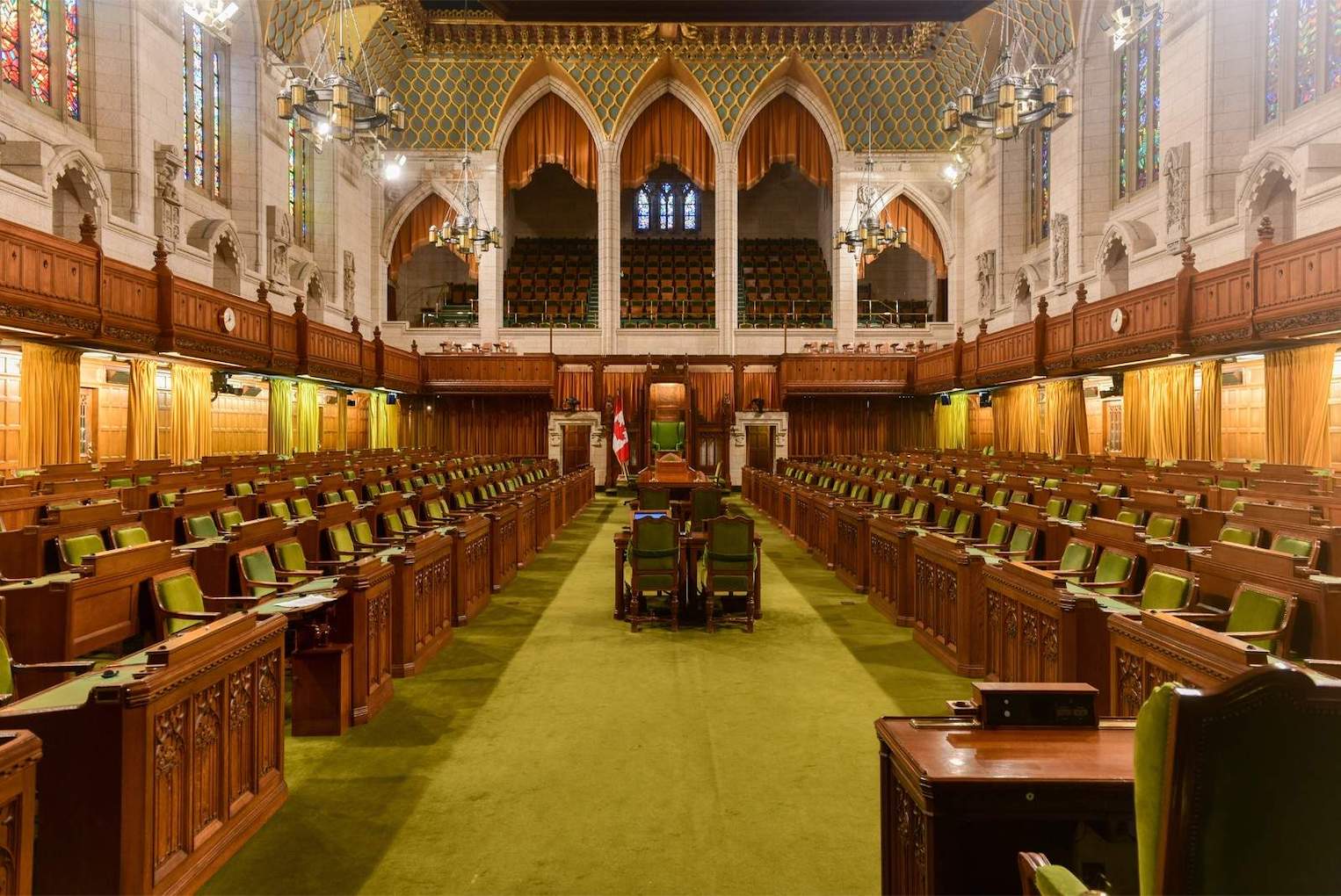Featuring Yaroslav Baran. Originally on CBC’s The House.
Prime Minister Justin Trudeau struck a conciliatory tone when he faced the media this week a few days after his Liberal government was reduced to a minority.
“I think Canadians expect us to work together, to listen to each other, to figure out a way to move forward,” he said.
“That may be true, but during periods of minority government in Canada’s Parliament, partisanship is never far from the surface,” said Yaroslav Baran, who served in several senior roles when Stephen Harper led consecutive minority Conservative governments between 2006 and 2011.
“What happens in Canada when we have a minority is that the parties don’t down tools, they don’t become more co-operative, more conciliatory. It actually has the opposite effect,” he told The House.
“Everybody stays on a war footing because nobody knows when the next election is going to be. So, ironically, counter-intuitively, in a minority setting you tend to have more partisanship in the House of Commons rather than less partisanship. Stuff gets done, deals get made behind the scenes to advance agendas, but on the surface, it’s more of a fevered pitch.”
Baran and two other people with inside experience in navigating minority governments — Michele Cardario, deputy chief of staff to Paul Martin, who led a Liberal minority government between 2004 and 2006, and Bob Gallagher, who served as Jack Layton’s chief of staff during the same era — joined host Chris Hall for a discussion of minority government machinations.
Cadario said she thinks the current situation could last for up to four years.
“I think there’s an expectation from Canadians that they elected these people and they should try and make it work. I think that there’s an agenda that can be brought about and I don’t think that some of the other parties are in any position to want to go to the electorate anytime soon,” Cadario told The House.
Gallager agreed the current minority government could be stable for some time — because defeating it would require the Conservatives, New Democrats and Bloc Québécois to all agree at the same time that going to the polls is in their best interests.
“I can’t imagine that happening in the next few years, unless there is some kind of absolutely major Liberal scandal which we can’t predict at this point,” Gallagher told The House.
